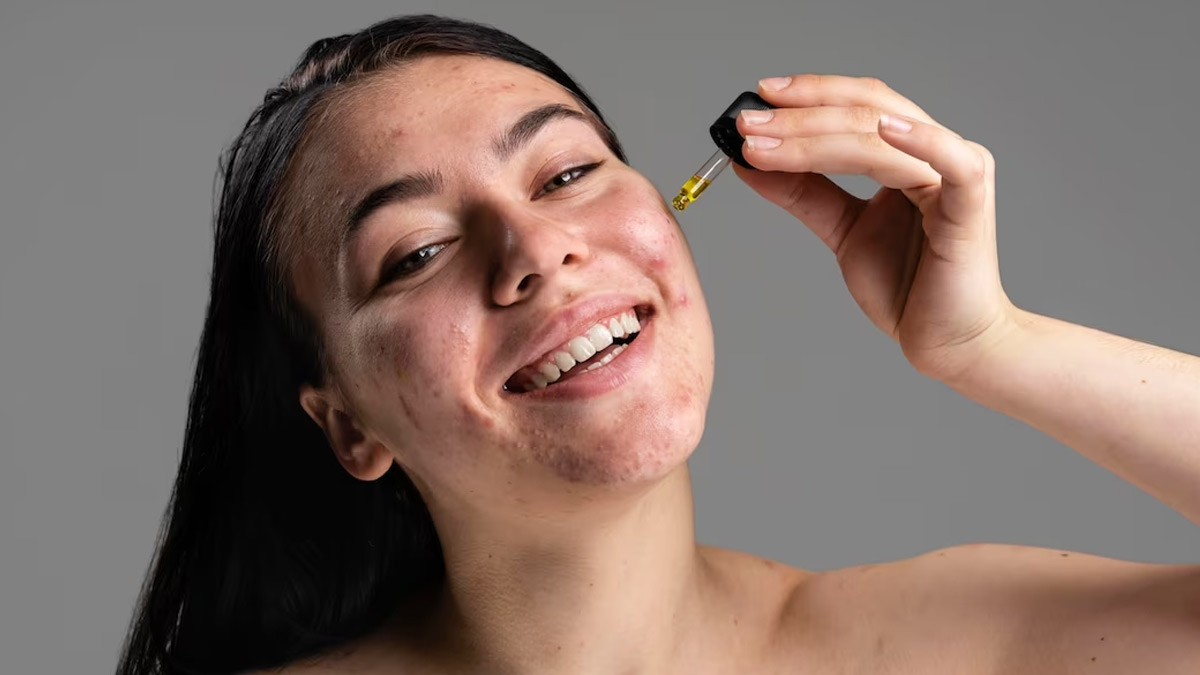
Dealing with acne-prone skin can be a frustrating journey, with countless products promising miraculous results. If you are looking for natural products with no side effects, you've come to the right place. DIY serums made from natural ingredients can be potent allies in your battle against acne. In this article, we'll explore the benefits of DIY serums and how to make them at home.
The Power of DIY Serums for Acne-Prone Skin

When it comes to acne-prone skin, simplicity is often the key. Commercial skincare products can sometimes contain harsh chemicals that might worsen your skin condition. DIY serums, on the other hand, offer a customisable and gentle approach to skincare. By using natural ingredients, you can provide your skin with essential nutrients, antioxidants, and anti-inflammatory agents without the risk of aggravating your acne.
DIY Serum Recipes for Acne-Prone Skin

Tea Tree Oil Serum
Tea tree oil is renowned for its antimicrobial properties that help combat acne-causing bacteria. To create a tea tree oil serum, mix a few drops of tea tree oil with a carrier oil like jojoba or grapeseed oil. Apply a small amount to your acne-prone areas after cleansing. Make sure to do a patch test before applying the serum to your face to avoid any adverse reactions.
Also Read: DIY Tea Tree Oil Serum: Your Natural Defense Against Monsoon Acne
Rosehip Oil Serum
Rosehip oil is rich in vitamins, antioxidants, and essential fatty acids that promote skin regeneration and reduce inflammation. Mix a few drops of rosehip oil with aloe vera gel for a soothing and nourishing serum. Apply this serum after cleansing and allow it to absorb before applying your regular moisturiser.
Witch Hazel Serum
Witch hazel possesses natural astringent properties that aid in the tightening of pores and the reduction of excessive oil production. Create a witch hazel serum by mixing equal parts of witch hazel and water. You can also add a drop of lavender or chamomile essential oil for added soothing benefits. Apply this serum with a cotton pad after cleansing.

Green Tea Serum
Green tea is packed with antioxidants that help fight inflammation and soothe irritated skin. Brew a cup of green tea, allow it to cool, and then mix it with aloe vera gel. Make gentle patting movements on your face as you apply this serum. You can also freeze green tea in ice cube trays and use the ice cubes as a soothing treatment for inflamed acne.
Also Read: Hormonal Acne: Expert Explains The Connection And Treatment Measures
Tips for DIY Serum Success

- Patch Test: Before applying any DIY serum to your face, perform a patch test on a small area of your skin to ensure you don't have any adverse reactions.
- Quality Ingredients: Choose high-quality carrier oils, essential oils, and other ingredients to ensure the effectiveness of your DIY serums.
- Consistency: Just like with any skincare routine, consistency is key. Use your DIY serums regularly to see noticeable results over time.
- Customise: Feel free to experiment and adjust the recipes to suit your skin's needs. You might see better results from some substances than others.
- Sun Protection: Even though you're using natural ingredients, remember to apply sunscreen during the day to protect your skin from further damage.
- Patience: Results from natural remedies may take longer to show, so be patient and give your skin time to adapt and improve.
Disclaimer
This article contains information for informational purposes only. Hence, before incorporating any new product into your skincare routine, consult with a dermatologist, especially if you have severe acne or sensitive skin.







